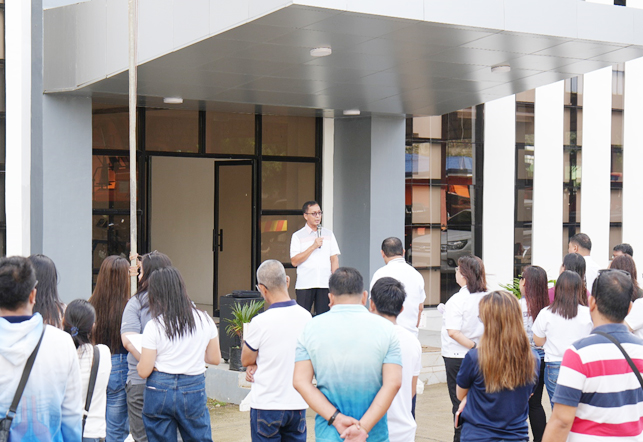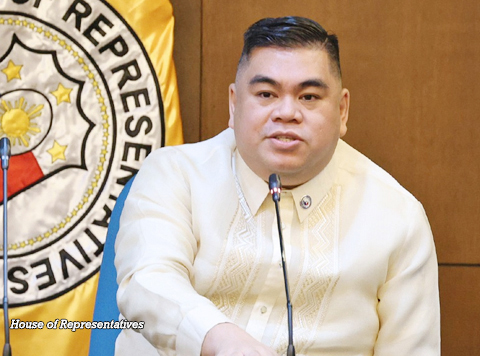Catarman N. Samar- Catarman N. Samar-District Engineer Alvin A. Ignacio led the first flag-raising ceremony of the year at the new DPWH-NSFDEO Building in Brgy. Macagtas, Catarman N. Samar on January 6, 2026, calling on NSFDEO employees to embrace accountability, unity and continued dedication to public service as anchor for the years goals.
In his message, DE Ignacio emphasized the crucial role of accountability, especially among permanent employees.
“Let’s improve, be more focused than before, ngan ipakita ta nga aton agency practices accountability” he further stated.
Attended by section chiefs, unit heads and employees, the event also marked District Engineer’s annual New Year’s message, during which he expressed his gratitude to everyone who contributed to the district’s accomplishments.
He likewise thanked all employees for their efforts and dedication in achieving last year’s accomplishments despite the department’s most challenging times. He urged every employee to remain committed to their roles and to be more focused and dedicated in achieving goals for infrastructure development.
“I know the road ahead won’t be easy, but I am confident that with your cooperation and unity, everything will be better.” he stated.
DE Ignacio also reaffirmed his support for the Department’s renewed pledge to uphold integrity, accountability, and genuine service to the Filipino people.
(ANALIZA A. PABIA/PR)



